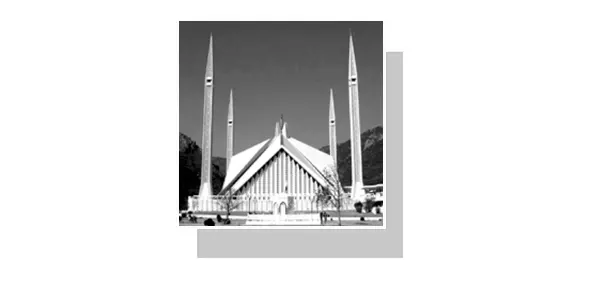LOVE is one of the most powerful emotions known to humanity.
In Islam, it is more than a sentiment—it is a spiritual force that binds a believer to the Creator and to fellow human beings.
The Qur’an and Sunnah emphasize love as a central pillar in the life of a Muslim, manifesting in various forms: love for Allah, for the Prophet Muhammad (PBUH), among people, and between spouses.
Love for Allah: The Foundation of Faith: The highest and purest form of love in Islam is the love for Allah.
It forms the heart of Islamic belief and motivates every act of worship and obedience.
The Qur’an states: “But those who believe are stronger in love for Allah.
” (Surah Al-Baqarah, 2:165) This divine love is not abstract; it is lived through prayer, remembrance (dhikr), reliance (tawakkul), and striving to earn Allah’s pleasure.
The more one reflects on Allah’s mercy, wisdom, and blessings, the more intense this love becomes.
Imam Ibn al-Qayyim described love for Allah as the soul’s highest purpose.
He wrote, “The heart was created for love, and it cannot be sound unless it is filled with the love of Allah.”
True love for Allah brings inner peace and shields the believer from despair and moral confusion.
Love for the Prophet Muhammad (PBUH): Integral to faith is love for the Prophet Muhammad (PBUH).
He is the beloved of Allah, the guide to salvation, and the perfect example of human character.
The Prophet said: “None of you truly believes until I am more beloved to him than his father, his child, and all of mankind.”
(Sahih al-Bukhari)
This love is not confined to emotional admiration but is expressed through following his Sunnah, defending his honour, and embodying his character traits of mercy, humility, and justice.
Imam Al-Nawawi emphasized that this love must be demonstrated by action—adherence to his teachings is the truest expression of love.
Love for Others: A Spiritual Brotherhood: Islam strongly encourages love and compassion among people, particularly among believers.
The Qur’an reminds us: “Indeed, the believers are but brothers.
So make peace between your brothers and fear Allah that you may receive mercy.”
(Surah Al-Hujurat, 49:10) Love for the sake of Allah (mahabbah fi Allah) transcends personal interest or social benefit.
It is based on shared faith, mutual respect, and the desire for each other’s spiritual growth.
The Prophet (PBUH) said:
“There are seven whom Allah will shade on the Day of Judgment…
among them are two who love one another for the sake of Allah, meeting and parting on that love.
” (Sahih al-Bukhari and Muslim) This form of love strengthens the community, promotes unity, and fosters a culture of kindness.
Imam Al-Ghazali viewed sincere love between people as a reflection of divine mercy, enriching both individual character and societal harmony.
Love Between Spouses: Among the most tender and profound expressions of love in Islam is the bond between husband and wife.
The Qur’an describes this relationship as a sign of divine wisdom: “And among His signs is that He created for you from yourselves mates that you may find tranquility in them; and He placed between you affection and mercy.
” (Surah Ar-Rum, 30:21)
Here, mawaddah (affection) and rahmah (mercy) are the foundations of marital love.
It is a love that nurtures, protects, and sustains.
The Prophet (PBUH) exemplified this in his relationships with his wives, particularly with Khadijah (RA) and Aisha (RA).
He said: “The best of you are those who are best to their wives, and I am the best of you to my wives.
” (Sunan al-Tirmidhi) Islamic teachings encourage couples to show affection, communicate kindly, and support each other spiritually and emotionally.
Divine Love and Worldly Harmony: The beauty of Islamic teachings lies in how divine love uplifts and enhances all other forms of love.
When a person’s heart is filled with love for Allah and His Messenger, that love radiates outward into all relationships—with family, friends, and society.
The Prophet (PBUH) said: “When Allah loves a servant, He calls Jibreel and says, ‘Indeed, I love so-and-so, so love him.
’ So Jibreel loves him, then announces to the heavens, and eventually, love for him is placed among the people.
” (Sahih al-Bukhari and Muslim) This divine dynamic reveals that love rooted in spirituality has a ripple effect, fostering acceptance, trust, and harmony in the broader community.
Conclusion: Love in Islam is not sentimentalism—it is an active, transformative force.
Whether directed toward Allah, the Prophet, fellow believers, or spouses, love in Islam nurtures the soul, strengthens faith, and builds a just and compassionate society.
At a time when division and self-interest often dominate public discourse, returning to the Islamic concept of love offers a path of healing and reconnection.
It is through sincere love—anchored in faith—that we fulfil our highest human potential.
—The writer is contributing columnist, based in Manchester, UK. (turi555@hotmail.com)


















